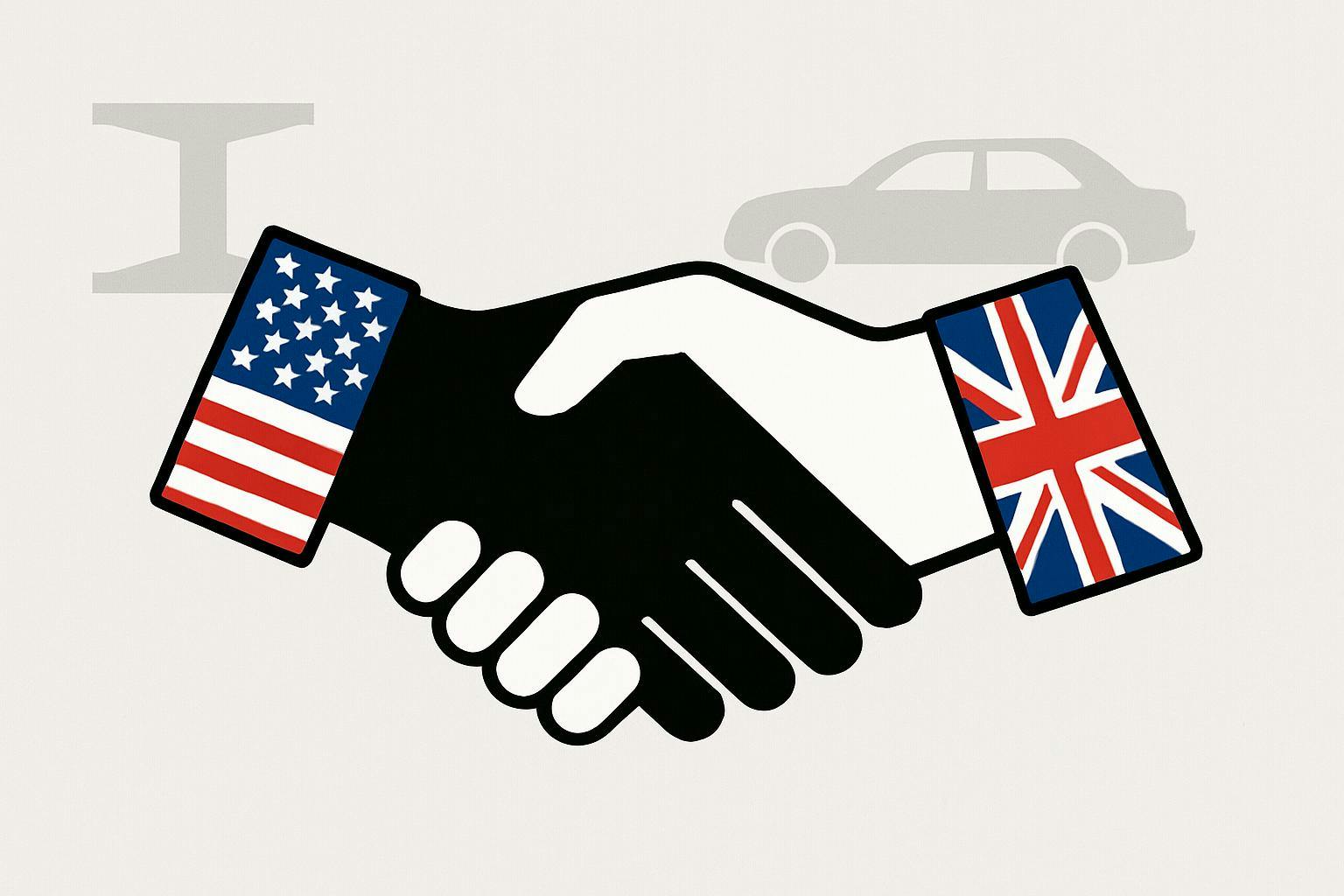What’s going on here?
European markets showed mixed results as a fresh US-UK trade pact aimed at boosting American exports lifted tariffs on UK metals and slashed car duties.
What does this mean?
European stocks navigated choppy waters recently. The Stoxx Europe 600 ticked up 0.44%, with Germany’s DAX and France’s CAC 40 rising 1.01% and 0.89% respectively. In contrast, the UK’s FTSE 100 and Switzerland’s Swiss Market Index saw declines. This US-UK trade deal is removing tariffs on UK steel and aluminum while trimming car duties from 27.5%. This agreement aims to significantly boost US agricultural exports. Yet, the deal comes with strings attached: the European Commission is mulling countermeasures for US imports worth 95 billion euros amid unresolved trade discussions. Meanwhile, GSK’s successful drug trial wasn’t enough to prevent a 1.1% share dip in London, and Argenx shares nosedived over 10% on the Brussels Stock Exchange despite surpassing earnings forecasts.
Why should I care?
For markets: Unpacking market indecisions.
The divergent outcomes of Europe’s major indices underscore the complexity of investor responses to evolving trade dynamics and economic news. The trade deal is anticipated to benefit US industries, potentially challenging European sectors heavily reliant on exports. Investors should brace for continued market volatility as trade negotiations and tariff shifts persist.
The bigger picture: Trade winds of change.
This trade agreement signifies a pivotal shift in US-UK economic relations, striving to fortify bilateral ties and enhance transatlantic trade. Meanwhile, Europe’s contemplation of countermeasures hints at geopolitical tensions that could influence global trade structures. As these agreements unfold, they might set precedents for future trade policies on a global scale.
